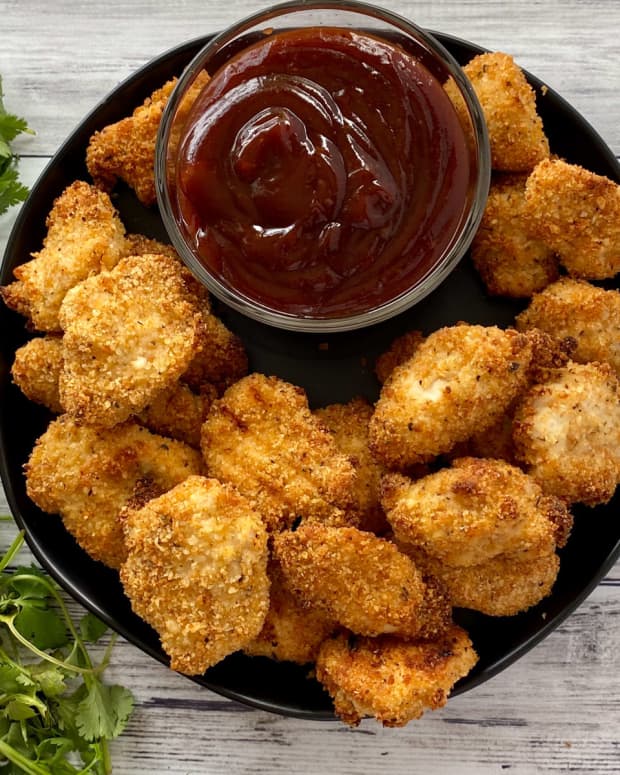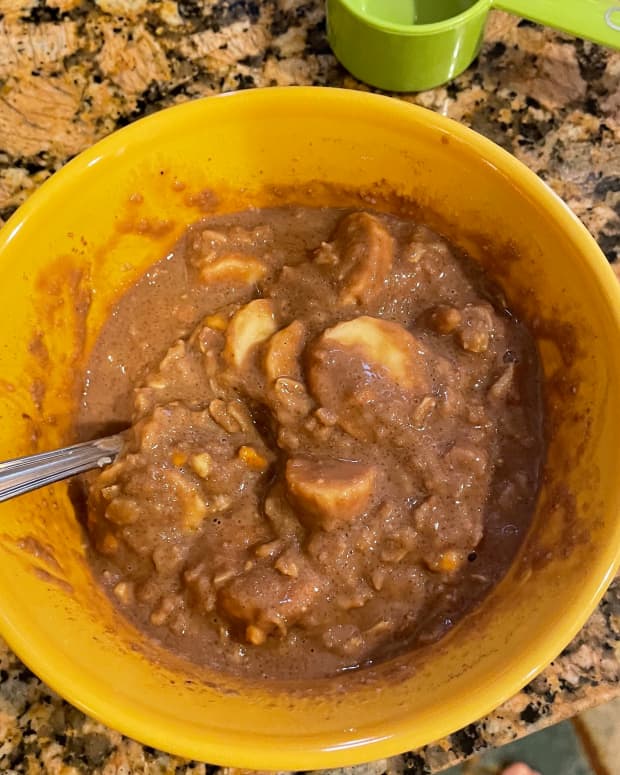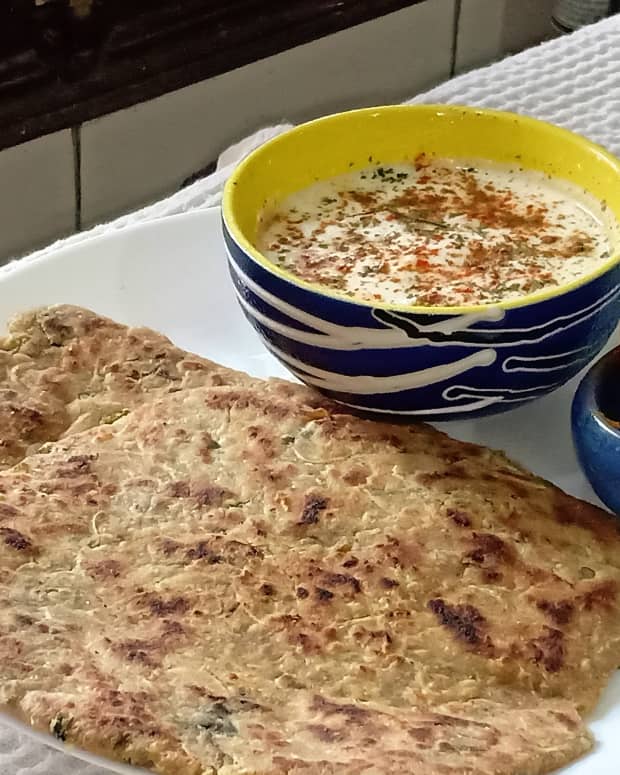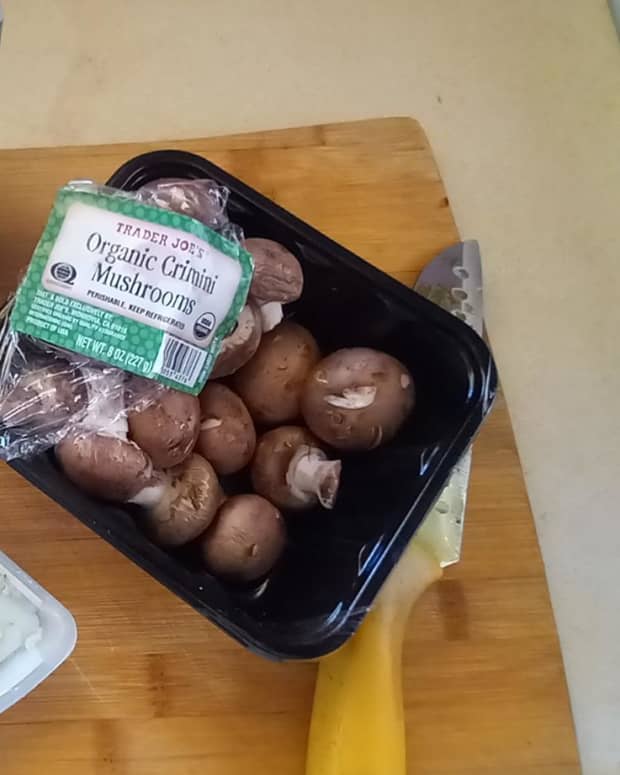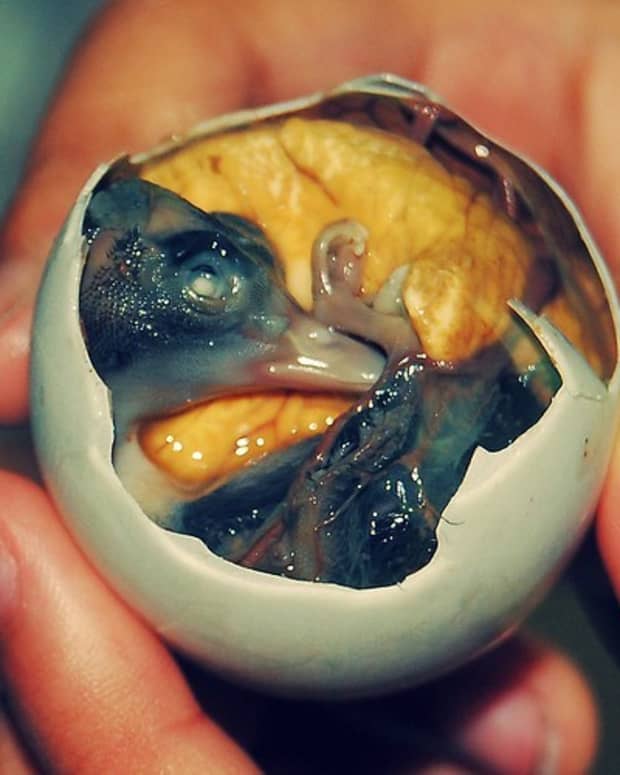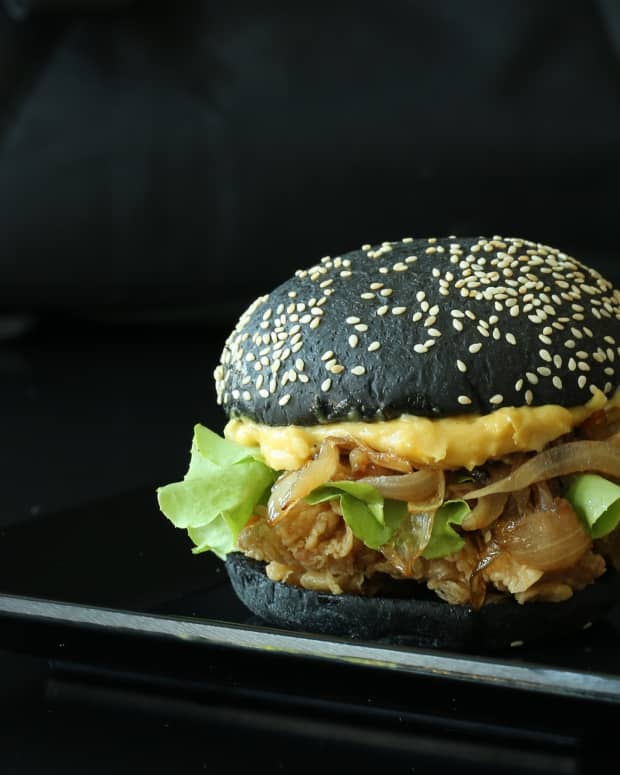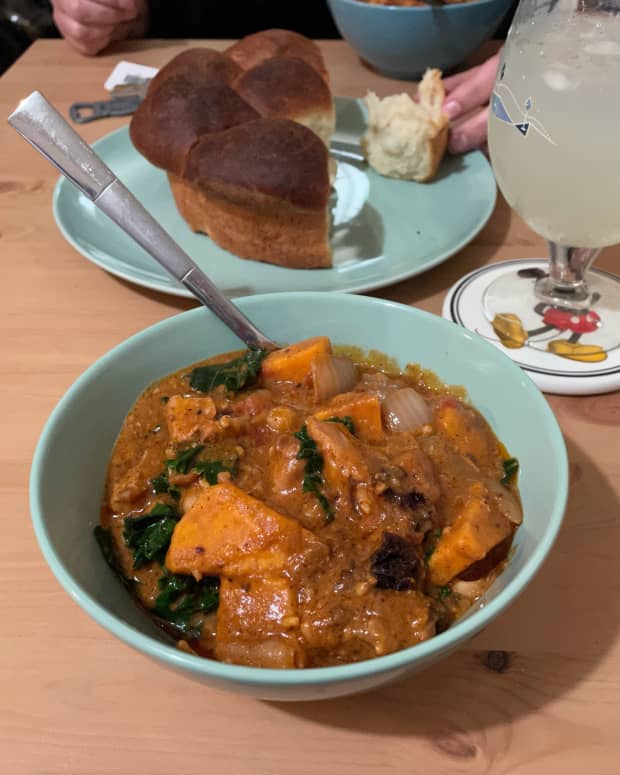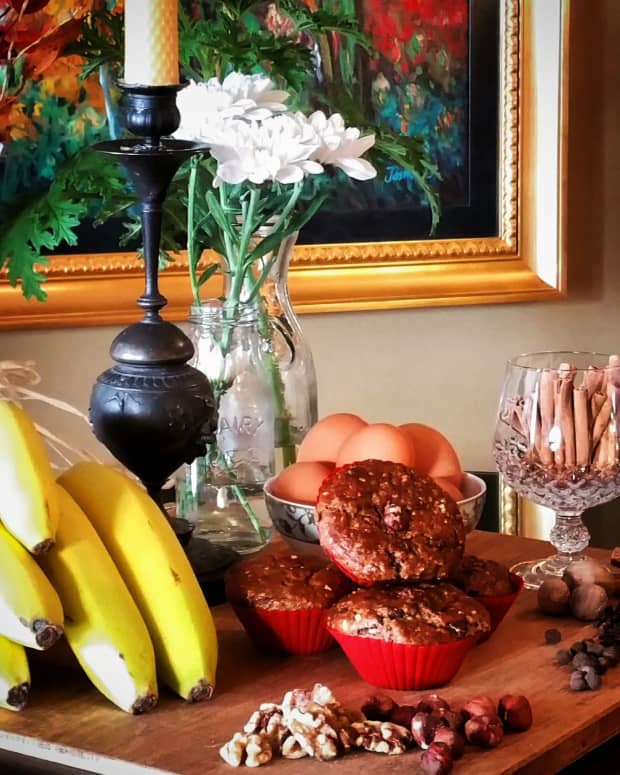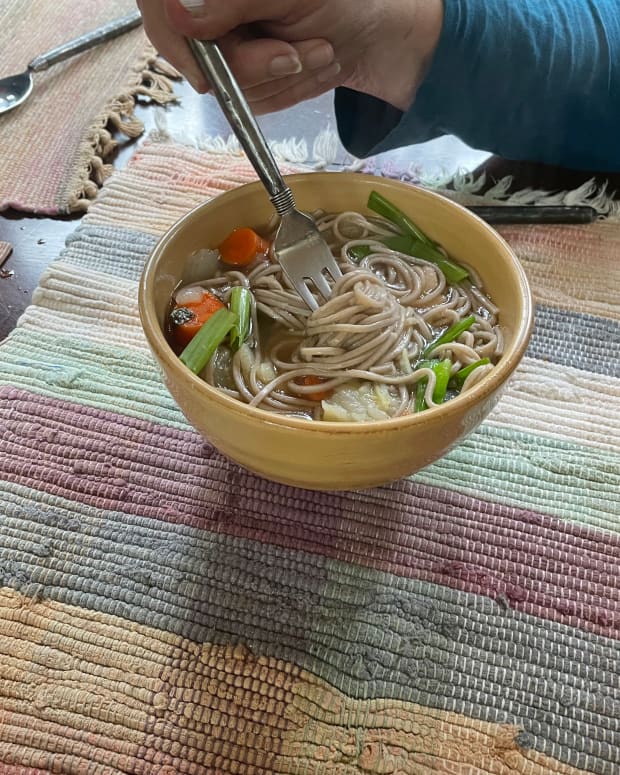5 Secrets of Making Easy-Peel Hard Boiled Eggs
Scientist and author, Beth is also a keen home cook. She enjoys trying new recipes.
How to Cook Perfect Hard Boiled Eggs
Hard boiled eggs are great for salads and sandwiches, but it can be hard to remove the shell after cooking. So here's the secret of how to make the perfect easy-to-peel hard boiled egg.
- Don't use eggs straight from the fridge.
- Do use eggs and water at room temperature.
- Don't plunge the raw eggs into boiling water.
- Do use an egg timer to make sure the yolks are set but not overcooked.
- When the eggs are cooked, remove pan from the heat and plunge cooked eggs straight away into cold water. The shells will now come off easily.
1. Don't Boil Eggs Straight from the Fridge
If you keep eggs cool, there's no need to keep them in the fridge. It's better to buy a few eggs often and keep them at a cool room temperature, than to buy them in bulk and store at a very cold temperature. Many people refrigerate eggs; this means that your eggs become icy-cold all the way through, and will take longer to cook. If you take eggs from the fridge and plunge them immediately into boiling water, the center of the egg is too cold to cook properly. Instead of getting a firm hard-boiled egg (with both white and yolk cooked solid,) you end up with a soft runny center.
The best place to store eggs is in a cool larder. Unfortunately many modern kitchens are too small to have this facility. So you need to plan ahead if you want to make great hard boiled eggs. The evening before you intend to use them, take the eggs out of the fridge, and leave them in a bowl on your worktop. That way they should reach ambient room temperature by the time you want to cook them.
2. Don't Plunge Raw Eggs Into Boiling Water
For eggs to cook properly and evenly, the temperature of both eggs and water should be similar. Don't pre-boil the water before adding it to the egg saucepan. Don't use iced water. Place the (ambient temperature) eggs in a saucepan and cover them with water from the cold faucet which should be cool but not freezing. If you add either boiling water or iced water to the eggs, the shells will crack and the contents will seep into the boiling water. You will end up with a veil of white threads over half-empty boiled eggs.
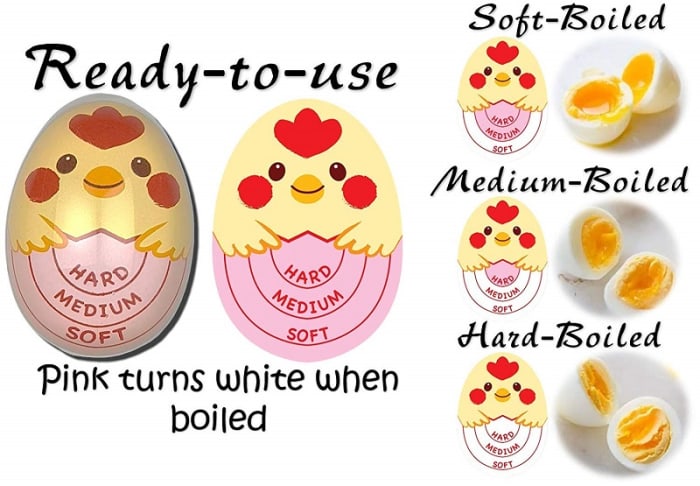
The Cheeky Chick egg-timer is placed with the eggs in a pot and changes color when the eggs are ready.
Amazon
3. Use an Egg Timer to Prevent Overcooked Yolks
It is easy to put the eggs on the hob to boil … And then forget about them. You may have assumed that overcooking eggs doesn't matter. But it does! Overcooked boiled eggs taste hard and rubbery. Hard boiled eggs take just ten minutes to cook when using eggs and water at room temperature. You can make sure the eggs do not overcook by using an egg timer. I use a Cheeky Chick egg-timer. It changes color when the eggs are done so it's really easy to use.
4. Use Eggs and Water at Room Temperature
Prep time 1 min
Cook time 10 min
Allow 2 eggs per person
5. Remove Pan From Heat and Plunge Cooked Eggs Into Cold Water
If you leave the eggs in the pan after the ten minutes is up, they will continue to cook. To prevent this, you need to act promptly. Fill a second saucepan half full of cold water. Take the eggs out of the boiling water and plunge them into the pan or bowl of cold water. This has the effect of making the white and yolk of the boiled egg contract slightly. The shell itself remains unchanged. It is only the inside of the egg that contracts.
The Shell is Now Easy-Peel
To remove the shell from the freshly boiled eggs, roll them gently on a wooden board. Because the insides are now slightly smaller, the shell separates very easily. This is the key secret to making an easy peeling hard-boiled egg.
How To Cook Boiled Eggs So They Peel Easily
How Long Does It Take to Hard Boil an Egg?
The perfectly timed hard boiled egg is a matter of personal taste. If you follow the instructions given above and start with both eggs and water at room temperature, the whole process from raw egg to firm yolk takes 10 minutes. If you have very large eggs, or are using icy cold water, then it will take a little longer. Or you may prefer a slightly soft or more runny yolk. If so, you need to remove the eggs slightly earlier from the boiling water. The picture below illustrates the difference a minute added to or subtracted from the cooking time makes to the result.
What is the Shelf Life of a Hard Boiled Egg?
The shelf life of hard boiled (cooked) eggs is much less than raw uncooked eggs. Raw and cooked eggs are both perishable items. When stored at a cool temperature, raw eggs remain good for about four weeks. After being hard boiled they should be stored in the fridge and eaten within a week. Buy your eggs as fresh as you can. Choose a store that has a regular turnover of fresh deliveries. Only make them hard boiled if you know the eggs are going to be eaten within a few days.
Does Salt Prevent Eggs From Cracking During Boiling?
No, adding salt or vinegar to the pan water when boiling eggs will not stop them cracking. Cracking occurs because of the temperature difference between a cold egg and boiling water. The best way to prevent cracking is to use eggs that are at room temperature, and cook them in water drawn from the cold fawcett. This means that the water and egg heat up together to reach boiling point, and so the temperature differential is avoided.
What Can You Add to the Water to Make Peeling Easy?
Some people recommend adding a little baking soda (about 1/2 teaspoon or a little less) to the water while boiling. They say it makes it easier to peel the eggs later on. Apparently the pH of the white of very fresh eggs is slightly acidic which causes it to adhere to the shell membrane more tightly. By adding a little bicarb of soda to the cooking water, you are increasing the pH, and so make removing the shells easier.
In reality, unless you keep your own hens, the eggs you buy from a store are already more than a day old, and so the pH level of the white is not an issue.
How Many Eggs a Day is it Safe to Eat?
Eggs are the ultimate convenience food. They come ready wrapped in a biodegradable, recyclable shell. They also taste good and are easy to cook. They are a cheap source of protein, calcium as well as vitamins A and D. The NHS (National Health Service in the UK) says there is no recommended limit on how many eggs a day people should eat. Eggs can be part of a healthy balanced diet, but you should avoid adding salt or fat to them during cooking or at the table.
Try these healthier ways of eating eggs:
- Hard-boiled or poached, with no added salt.
- Scrambled, without butter (which is high in saturated fat.)
- Use a lighter spray fat in the fry-pan; frying eggs increases their fat content by around 50%.
This content is accurate and true to the best of the author’s knowledge and is not meant to substitute for formal and individualized advice from a qualified professional.




